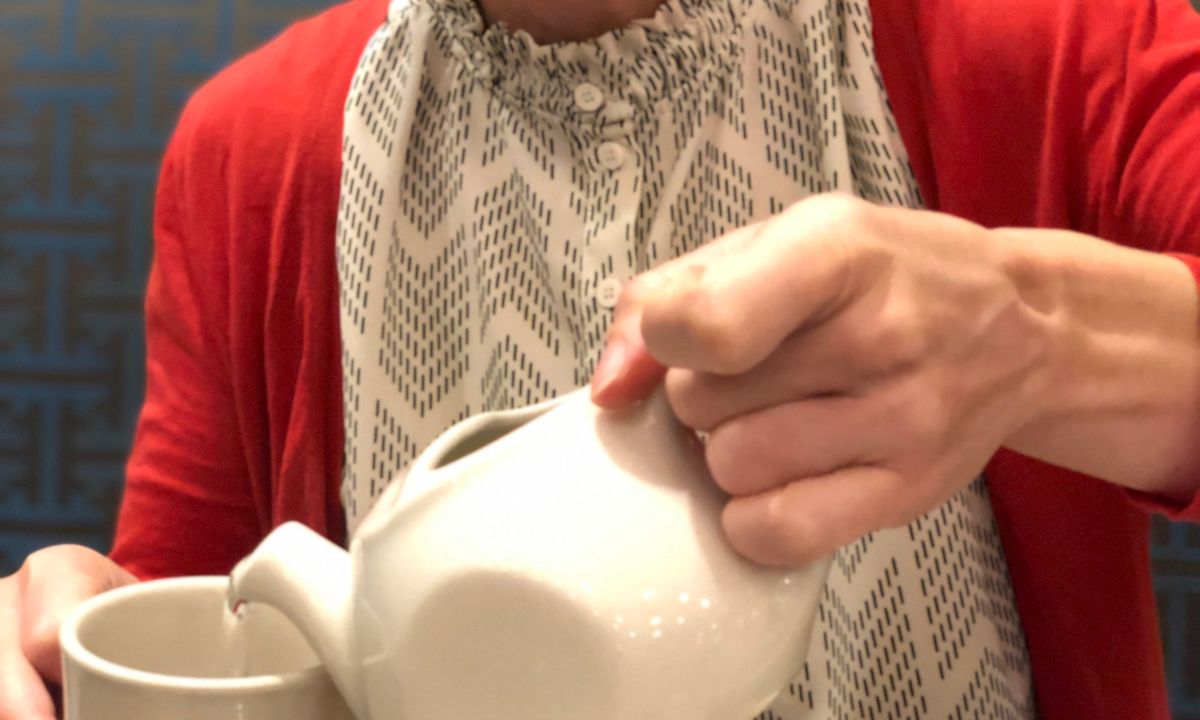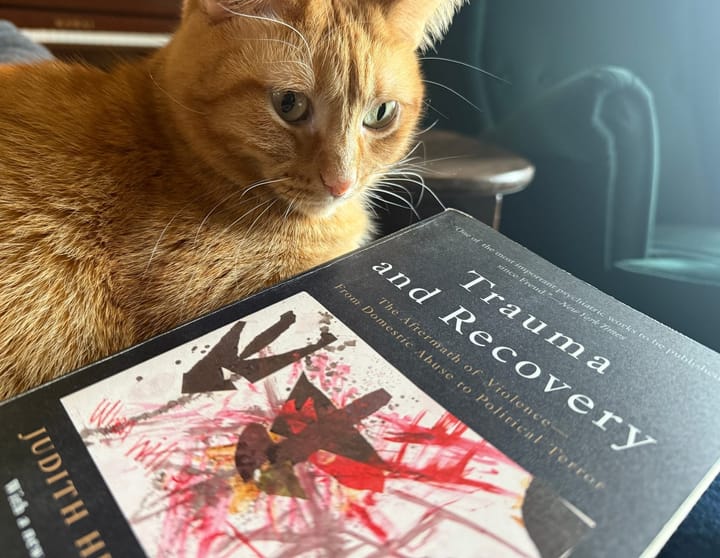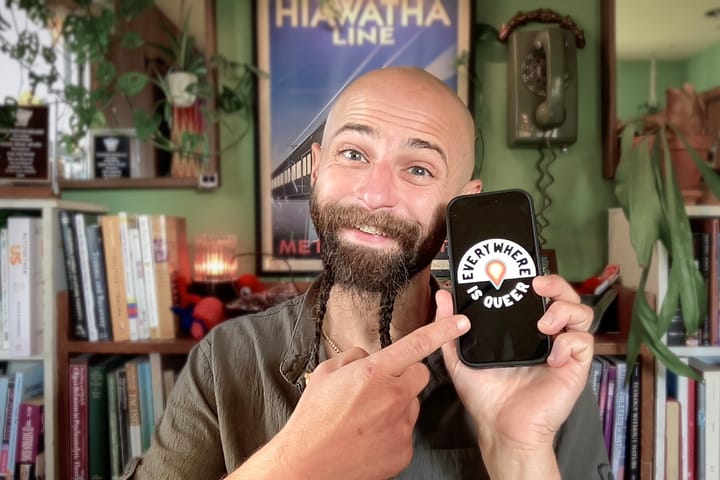How I got consent to write about consent
Back in January, I got the opportunity to write an article about consent, and a hardworking writer part of me eagerly agreed — without consulting the rest of my inner family. Here’s a brief transcript from the internal debate that ensued, plus a link to the published article.

Way back in January, Helen Lees, the editor of the Internal Family Systems Institute’s online journal Parts & Self, wrote me this in an email:
I notice from your site you mention consent. I’m big on that and mentioned it to Dick [Schwartz] in the Curiosity Conversation I did with him last year. In fact I’m always mentioning it. Do you have a piece of writing in you about that and IFS that you would like to share with the community?
The part of me who loves thinking and writing in public (who were also intensely flattered to be mentioned in the same sentence as the founder of the Internal Family Systems model) emailed back immediately and with gusto: “I would love to write something up about consent in IFS!” Wonderful, Helen replied — she’d be on the lookout for a draft.
Then, when I sat down to write the actual article, I realized I had a problem on my hands: several parts of me were not at all keen on the idea.
“Man, I love you, but you’re like the opposite of an expert about consent,” warned Digby, the part of me who used to manage my sex life. “My assumption was always that, once you get yourself into sex, you gotta see it through, no matter what. And that’s what I always made us do, for decades! Even when it was really uncomfortable or scary. Or dangerous.” He produced vivid memories of several such occasions, which made me shudder.
“But Digby, that’s precisely what makes our perspective so important!” countered the Professor, the part of me who wanted to write the article. “You never knew you could consent to sex, because you first learned about how it works from being molested when we were little. We all did. Like a zillion other people! And we had to do a lot of healing in order to wrap our mind around the concept at all. That’s why it’s so important to us now, and why I want us to write about it.”
Digby nodded thoughtfully. “You know, I can dig that,” he said. “Makes sense.”
But the youngest part of me, the one who spent decades in exile with the shame of the abuse we went through, was not persuaded. He crawled up into my lap to whisper into my ear. “I don’t like talking about — this sort of unpleasantness,” he said. He’s taken the form of a baby badger these days, so his whiskers tickled my ear when he did.
“Talking about what unpleasantness, Badger?” I asked softly.
It took him a little while to find the words. “About what we were — forced to do,” he whispered. “When we were small.”
I hugged him and gave him a little kiss on his furry head. “First of all,” I said firmly, “writing an article like this something our grown-up parts can handle on their own, so you won’t have to think about what it’s about if you don’t want to. And second of all, I’ll make sure we don’t write anything that makes you uncomfortable, even a little bit.”
His eyes narrowed, and he looked from me to the Professor and back again. “Really?”
“Really,” I said firmly. I directed a pointed look toward the Professor, hoping he’d back me up.
He got my drift. “That’s right, Badge,” the Professor agreed. “I’ll handle all the writing, so you won’t have to think about it. And I won’t write about anything that happened to us specifically at all. How’s that?”
The little badger crossed his tiny arms across his chest. “Just the same,” he said stubbornly, “I would still prefer we didn’t.”
The Professor threw up his arms in exasperation. “Well, sorry, kiddo,” he snapped, “but I’ve already agreed to write the piece, so.”
At this point Digby started laughing. “Oh man!” he chuckled kindly. “Do you hear yourself? This little guy is telling us very clearly it’s not okay with him if we to do this thing. And you’re like, ‘Sorry, already agreed, so we gotta do it no matter what’!”
The Professor looked annoyed. “So?”
I thought I should intervene. “So,” I said gently, “sex isn’t the only area where consent matters. In fact, it matters all over the place. Including among ourselves, when we’re deciding what to write about in public.”
“Ah,” said the Professor. He fell silent for a bit — then grumbled, “but still, I did agree to write the damn thing.”
“I know, I know,” I replied. The Professor has always been a man of his word. “And I too want us to think about how consent has been at work — both in a general way, and in our system particularly. But I also know we’ll need the Badger to agree before we can write about it in public.”
The Professor sighed. “Oh, all right,” he said. “That does make conceptual sense.” He looked back at the Badger, still curled up in my lap. “But how long will it take me to convince you, little one?”
The Badger gave him a look of triumph, or challenge. “I suppose we’ll see,” he said.
Eight months, many drafts, and many many inner conversations later, we finally sent Helen the article the Professor had promised her — with unanimous consent from every part of me. Let us know if you find it helpful!




